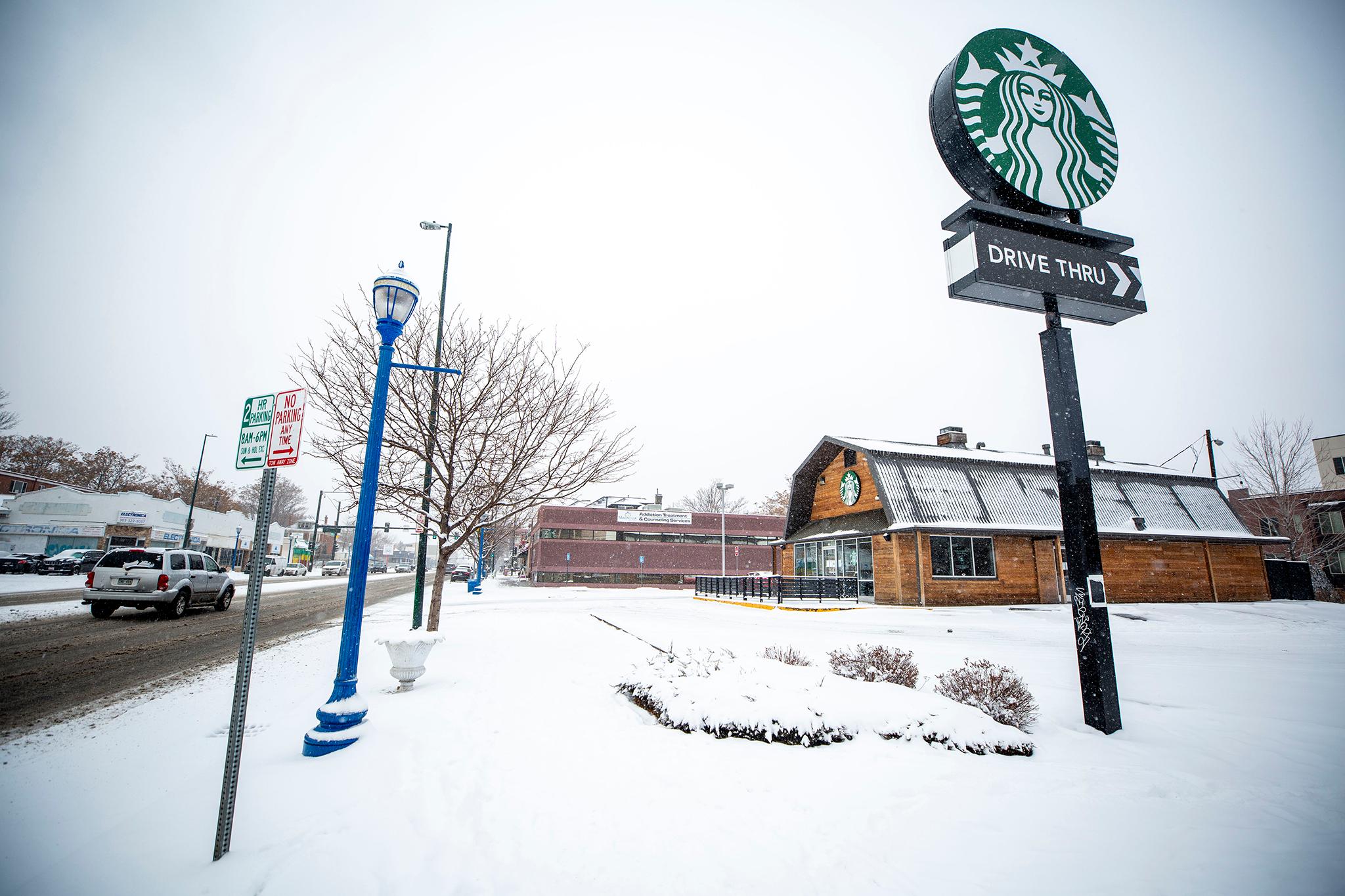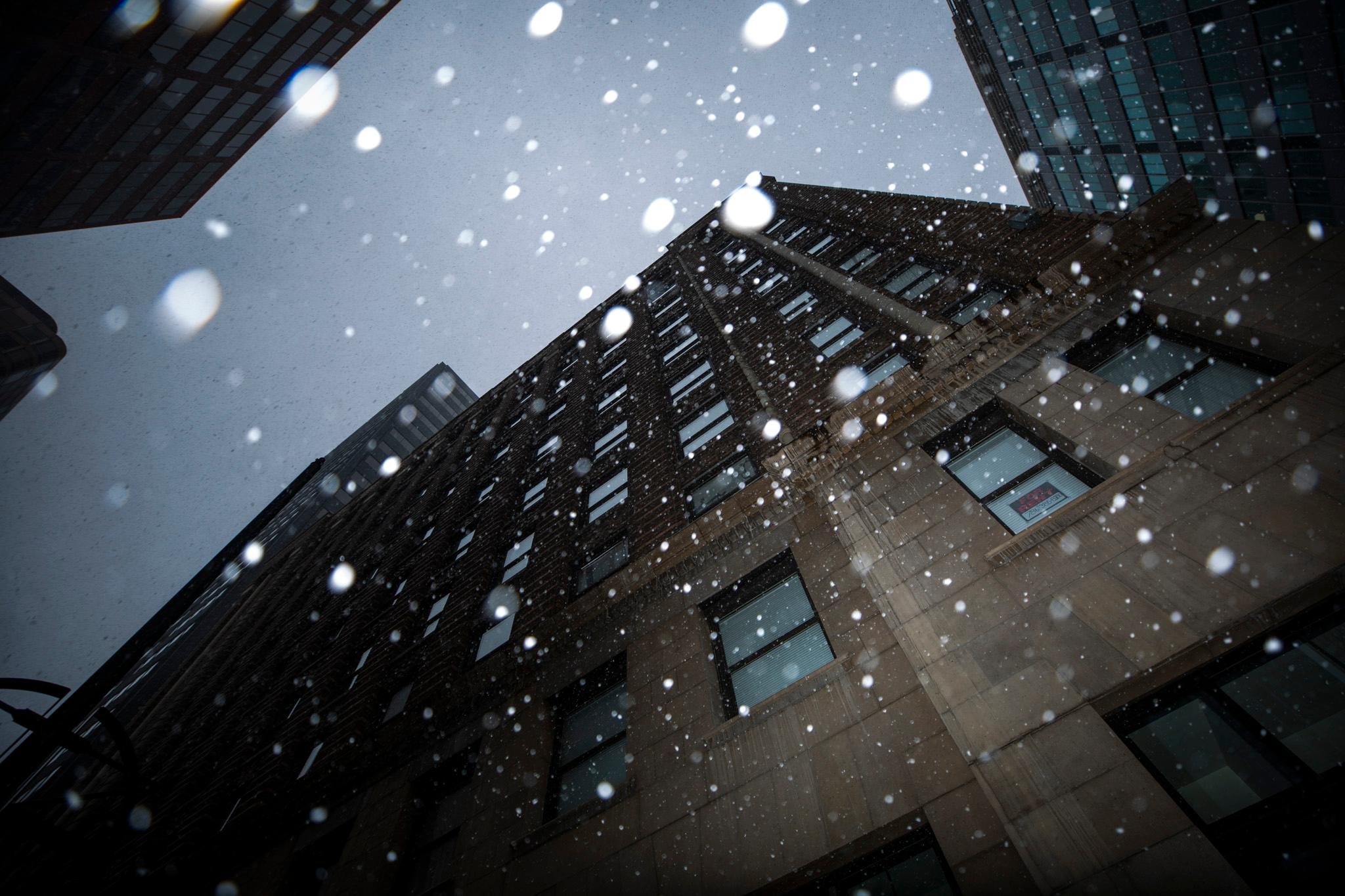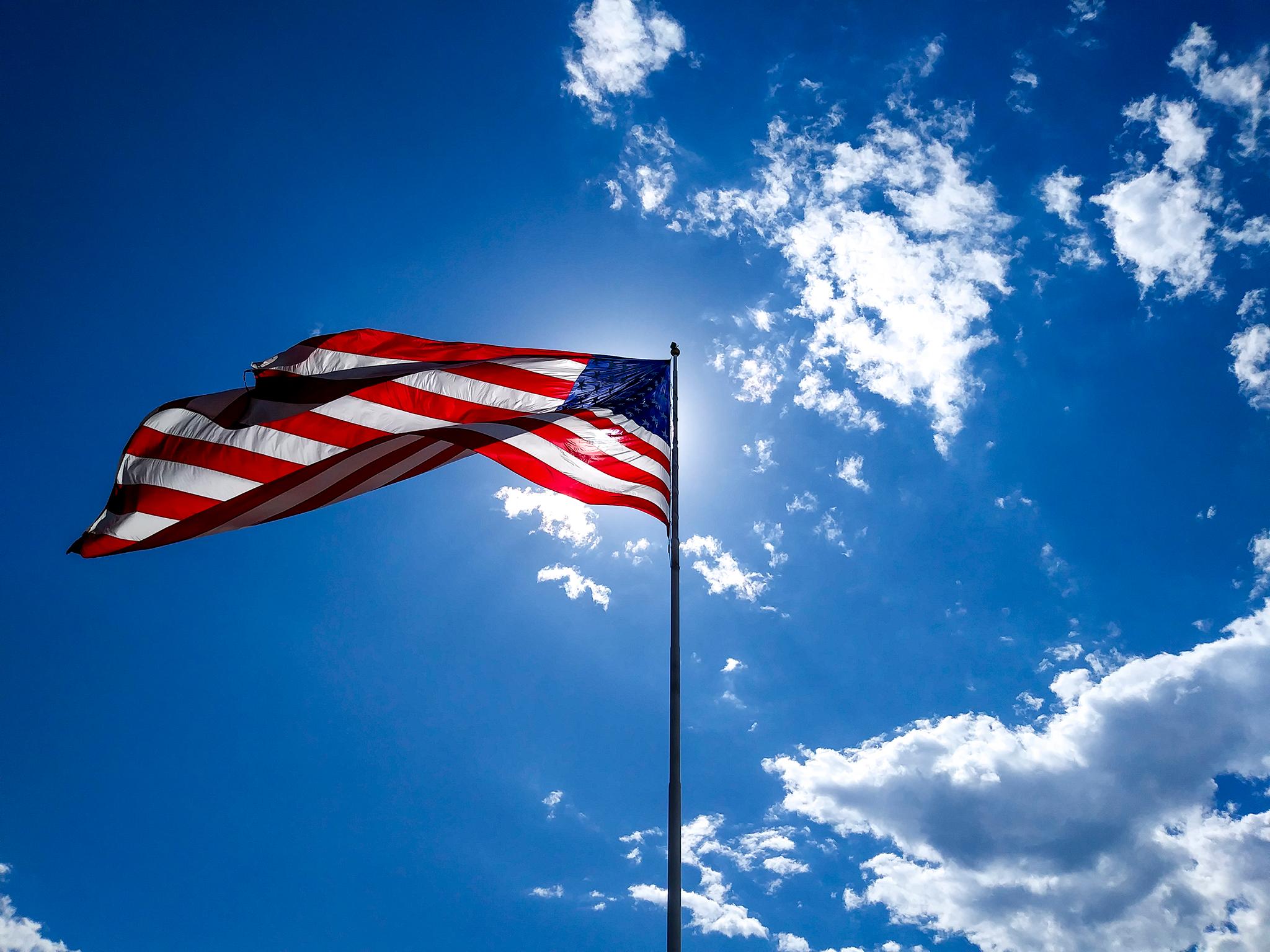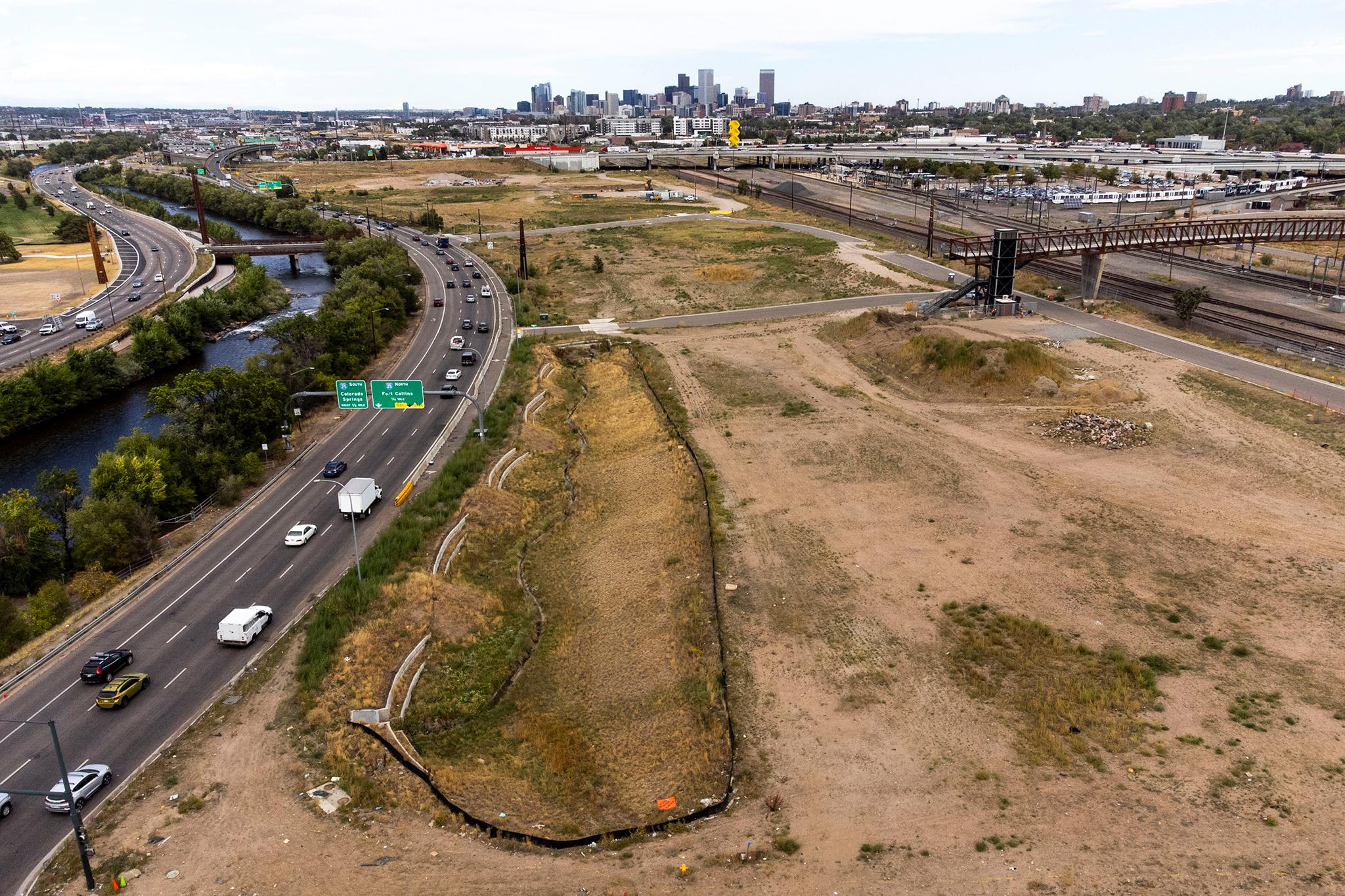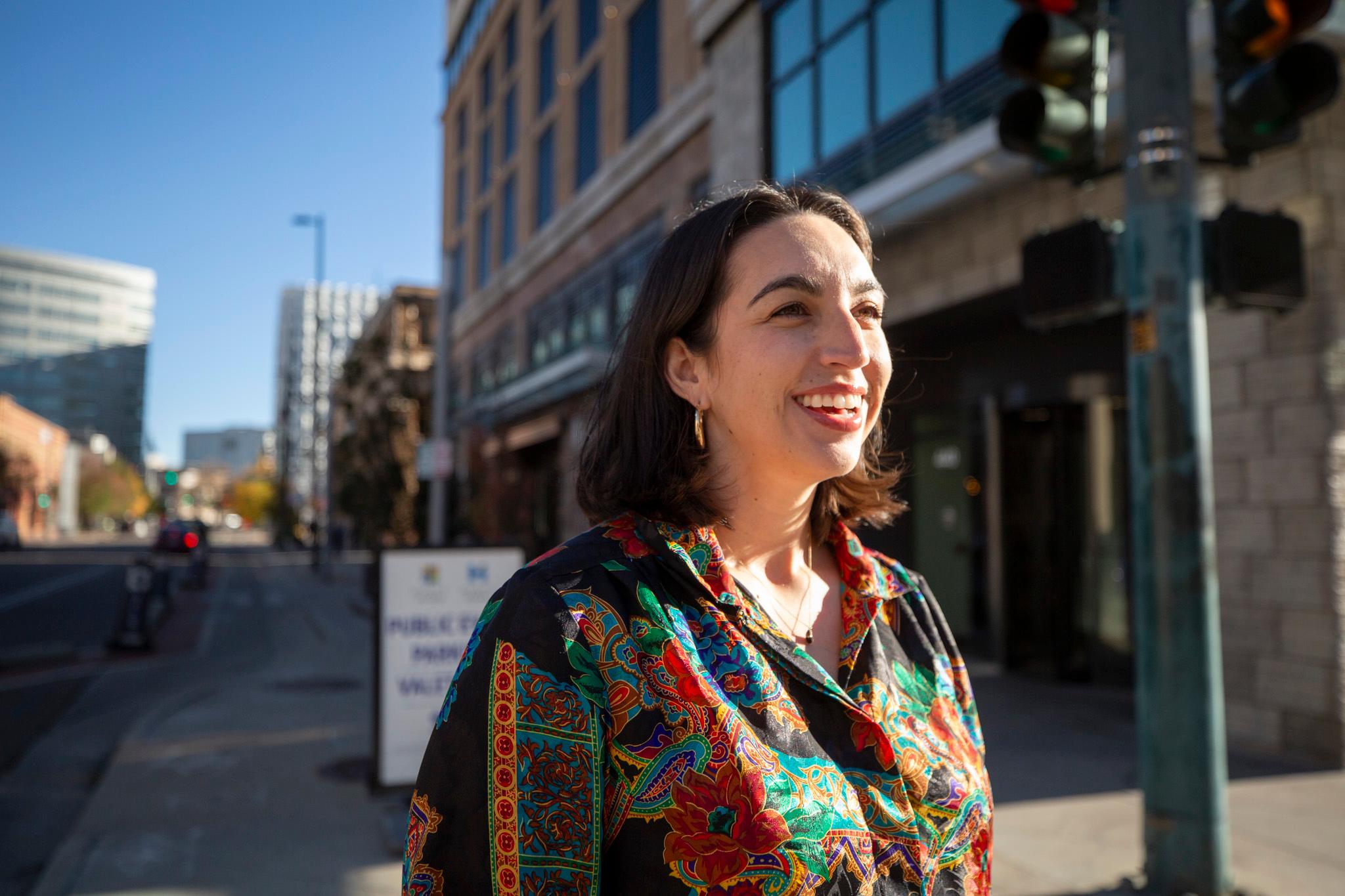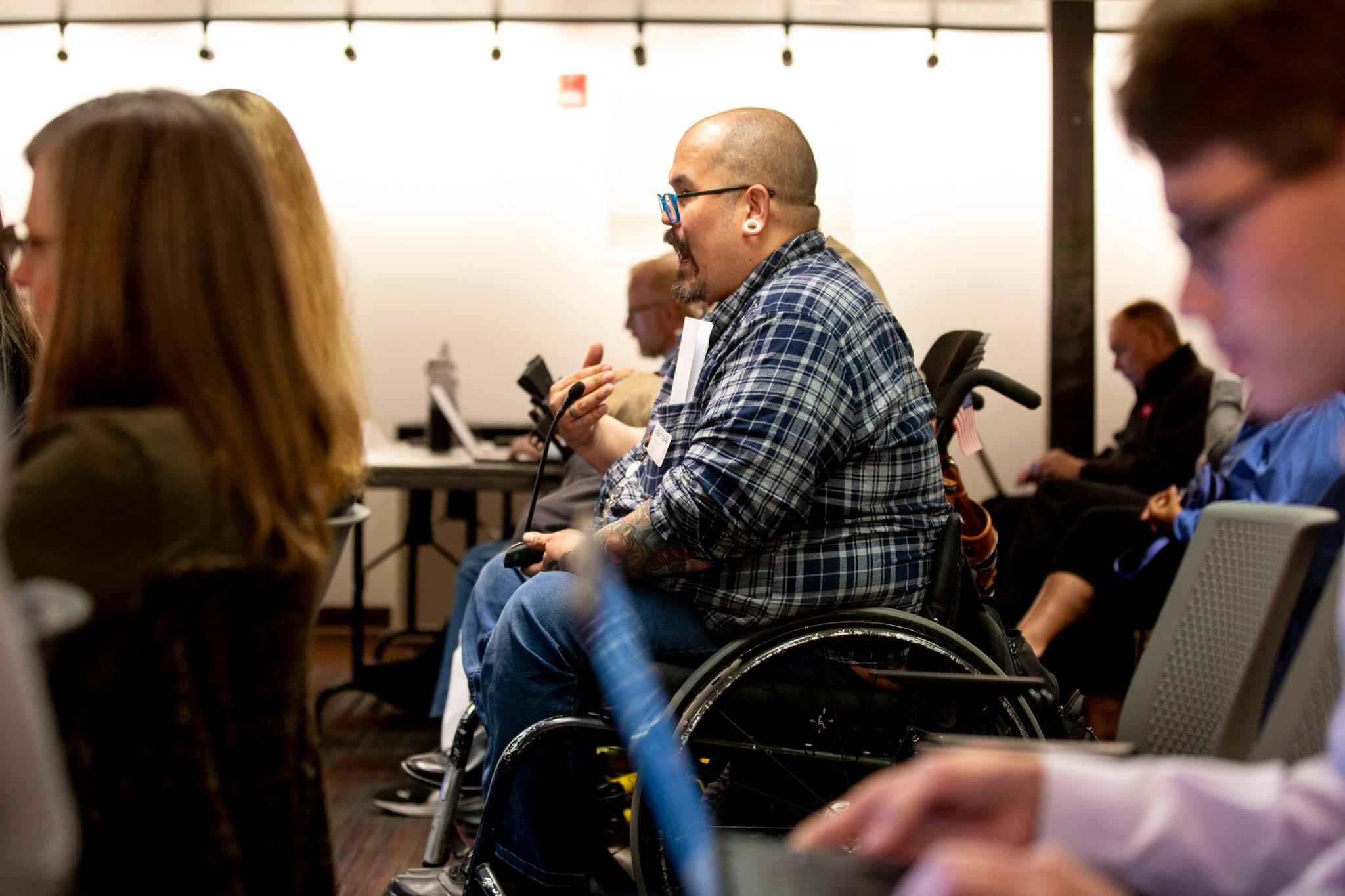Employees at a Starbucks along East Colfax filed a petition to hold a union election with the National Labor Relations Board on Thursday, adding Denver to the growing list of U.S. cities where the coffee chain's workers are seeking to organize.
Motivations range. Many pro-union workers want to have more say over store safety and security policies amid the pandemic. Others want more control over scheduling and wage increases.
Company culture has shifted during the pandemic as well, said Vanessa Lopez, a 21-year-old barista and shift supervisor who started working at the East Colfax shop four years ago. Lopez signed the petition along with 20 of her coworkers - that's out of 26 baristas in total.
"The culture of coffee has definitely taken a second spot to business," Lopez said. "It's more about getting the quotas, the money, the out-the-window times than it is about connecting and lifting each other up within the team. I want to be able to stand up to management and change that."
The East Colfax store is the second Colorado location to initiate unionization efforts with the NLRB. In December, workers at a Starbucks shop in Superior filed a petition to hold an election. (Workers at both locations say they were inspired by Starbucks employees in Buffalo, New York, who voted to unionize in December).
The company, meanwhile, opposes the efforts. A spokeswoman declined to comment on the Denver store's push and pointed us to a December letter written by Starbucks' executive vice president for North America, Rossann Williams.
"From the beginning, we've been clear in our belief that we do not want a union between us and partners, and that conviction has not changed," Williams wrote. "We believe direct communication between partners has made our company what it is today. We're also going to respect our partners' right to organize."
Unions in all industries have been flexing their muscle in recent months amid a tight labor market. Colorado's unemployment fell to its lowest point since the start of the pandemic in December, and employers are struggling to fill open jobs and retain workers. (Workers at the East Colfax location say turnover has been an issue there.)
The imbalance has given workers more power at the negotiating table. King Soopers workers in the Denver metro just won large wage increases after a 10-day strike. However, union membership in the U.S. as a whole dipped slightly in 2021, according to the Bureau of Labor Statistics.
Starbucks has seen business bounce back from the pandemic. U.S. sales grew 22% year-over-year in 2021, according to the company's latest earnings report. Net revenues topped $29 billion.
The company has publicly campaigned against its stores unionizing since last fall, when the effort at Buffalo stores first gained steam. In October, leadership launched a "historic" investment in wage increases for baristas.
The deal includes 10% raises for workers with more than 5 years of experience. Workers with less experience will get raises as well, bringing the average barista pay in Denver to around $17 an hour by summer 2022.
The company also offers a host of benefits to full and part-time employees, including healthcare coverage, tuition reimbursement, retirement, stock options and more.
Still, workers say it's difficult to get by.
Trey Slopsema, a shift supervisor at the East Colfax shop, first discovered coffee culture in high school. He applied to work for Starbucks almost 5 years ago and fell in love with the job, meeting customers and making drinks that people enjoy every day.
But the rising cost of housing and other everyday goods has made it almost untenable, he said.
"A lot of our partners have two jobs just to make it by," he said. "They have to balance between working at Starbucks for the benefits or trying to work at somewhere else for higher pay, but then have fewer benefits because they're working fewer hours (at Starbucks)."
Safety has become more of a concern too
In November, during a routine staff safety meeting, a customer walked inside the East Colfax store without wearing a mask. Associates asked the man to put on a face covering (per the city's mandate).
The customer refused and became irate. Slopsema watched as the customer punched one of his coworkers in the face. Multiple baristas had to break up the altercation and escort the man outside, Slopsema said.
"We then kept the store open and were serving customers after like nothing had happened," he said. "It was the most violent thing I had ever seen at work."
Starbucks told Denverite it had no record of the incident. A spokeswoman said the company takes safety issues seriously and launched a slew of new safety policies amid the pandemic.
The policies allow managers to shorten store hours, establish "to-go" stations that limit customer-partner interactions and take additional measures on a case-by-case basis, the spokeswoman said.
Shortly after the late November incident, Slopsema grew frustrated with what he saw as a lack of action from management to prevent future conflicts. The injured coworker was given paid time off, but few concrete changes were made, Slopsema said.
So he started gathering signatures to petition for a union election.
"People make jokes about 'Karens' at Starbucks, but it is very much a real thing we're dealing with on a daily basis," he said. "For the future, I want to make sure that partners have a seat at the table and a space where we can actually be seen and heard in those dire moments where we need to make change happen."
Now that workers have submitted a petition, the NLRB will review their application. The process can take over a month.
If approved, the agency will set an election date. A majority of workers must vote in favor of unionizing for the process to continue forward.
If successful, workers would form a local chapter of the national Chicago and Midwest Regional Joint Board Workers United union.

